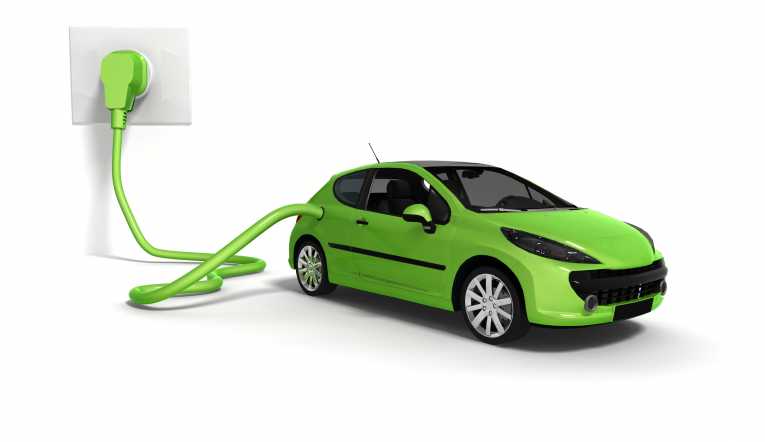China is set to create at least 10 million electric car charging points by 2020. A heavy dependence on foreign oil, plus significant CO2 levels are leading the country to push towards a more environmentally friendly transport infrastructure. Overall, it appears the country favours pure electric vehicles rather than hybrids or hydrogen fuel cell cars.
Consumers in China are already being encouraged to take the green option when purchasing a car with financial incentives available in many cities. As a mark of how this particular market is set to grow, Wang Dazong, president of Beijing Automotive Industry Holding Co (BAIC) has suggested his company's ratio of electric cars produced will be around 5% by 2020, taking up a noticeable portion of the country's new vehicle market of 40 million vehicles.
The drive towards electric vehicles is apparent in the UK and features some of the same kind of initiatives as offered in China - a rebate system for purchases, tax and congestion charge breaks that could save motorists over £1000 per year.
In addition, the Coalition Government fully supports the pre-existing 'Plugged-in Places' programme which has been set up to deliver charging places within specific cities in the UK as a step towards creating a country-wide network for electric vehicles.
Boris Johnson, the mayor of London, one of the cities involved in the programme, is keen to make his location the electric capital of Europe with a forecast take-up of 100,000 electric vehicles in the city.
The problem remains, however, that to make the use of electric vehicles feasible it is necessary to create enough charging points to assure users that they will be able to charge their vehicles at a convenient time and place. One of the ways of doing this in London has been the introduction of a requirement that 20% of all new parking lots must give access to electrical charging.










